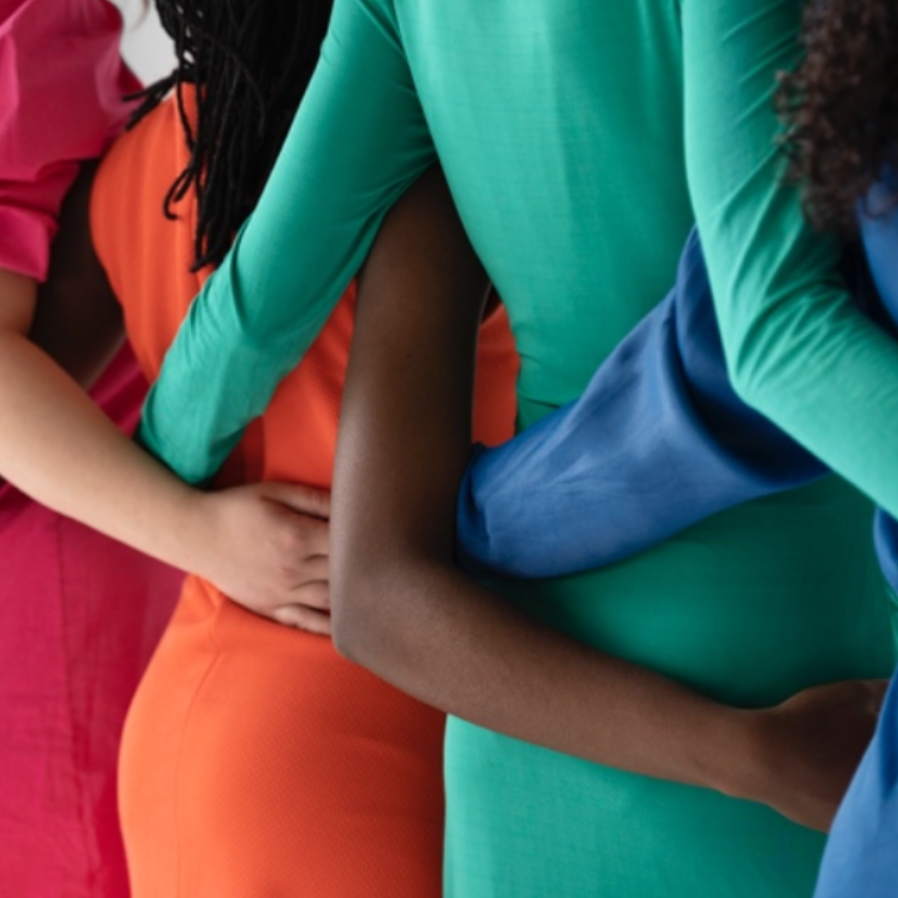
Fostering rights and agency with girls and women with disability from culturally minoritised groups (FRIDA)
Title: Fostering rights and agency with girls and women with disability from culturally minoritised groups (FRIDA)
Members: Mar Badia, Marta Flores, David Gutiérrez, Óscar Mas, Cloe Masotta, Ester Miquel, Mario Montero, Mar Morón, Daniel Ortega, Josep Maria Sanahuja (IP), Rocío Sánchez, Miquel Sangüesa, Sara Torres.
Partners: Universitaet Leipzig (Alemania); Pádagogische Hochschule Steiermark (Austria); Universidad de Manizales (Colombia); Universidad Nacional de Educación UNAE (Ecuador); TENENET OZ (Eslovaquia); Universidad de Cantabria (España); ATRA (España); Fundació Support-Girona (España); Universita degli Studi di Brescia (Italia); Studi Giuridici di Genere – Associazione di Promozione Sociale (Italia); Association for Promotion of Education, Culture, and Sport EDUCATION FOR ALL Skopje. (Macedonia del Norte); Pontificia Universidad Católica del Perú (Perú); Uniwersytet Mikolaja Kopernika W Toruniu (Polonia); Mwenge Catholic University (Tanzania)
Call: HORIZON-MSCA-2024-SE-01
Project Code: 101234780
Financing: 1.738.470 €
Funding Entity: European Research Executive Agency (REA)
Start Date: 1 de enero de 2026
Duration: 48 meses
Summary:
Society is still far from fully achieving the rights of people with disabilities, especially girls and women from culturally minoritised groups. Analysing inequality from an intersectional perspective allows us to highlight how disadvantage derives from an interweaving of conditions that, taken in isolation, fail to capture the serious discriminatory effects that result from their intersection.
FRIDA’s objective is to design actions that promote the agency of girls and women with disabilities from culturally minoritised groups in the educational, work and family spheres, based on a legislative mapping of progress in the fundamental rights of these people in each country. The consortium comprises 10 academic entities (4 from Latin America and one from Africa) and 5 non-academic entities from 11 countries. From an interdisciplinary perspective, it aims to define priorities that reflect the demands of girls and women with disabilities from culturally minoritised groups, as well as the barriers and levers in educational, employment and socio-family services through an inclusive research methodology to advance in the design of innovative and inclusive proposals, promoting the democratisation of research processes and the exchange of good inclusive practices.
The main results of the project will be the elaboration of an International comparative report on the rights of girls and women from an interseccional perspective, a Toolkit for practitioners to promoting the agency for these girls and women in the educational, work and family spheres and the creation of an interactive online platform to make visible or denounce oppressive situations and to share and respond to the priorities expressed by these girls and women.
It also includes recommendations for policy-makers and researchers to optimise community resources and to generate inclusive research projects, promoting innovative actions for the agency of girls and women with disabilities from culturally minoritised groups.
For more information: website under construction
